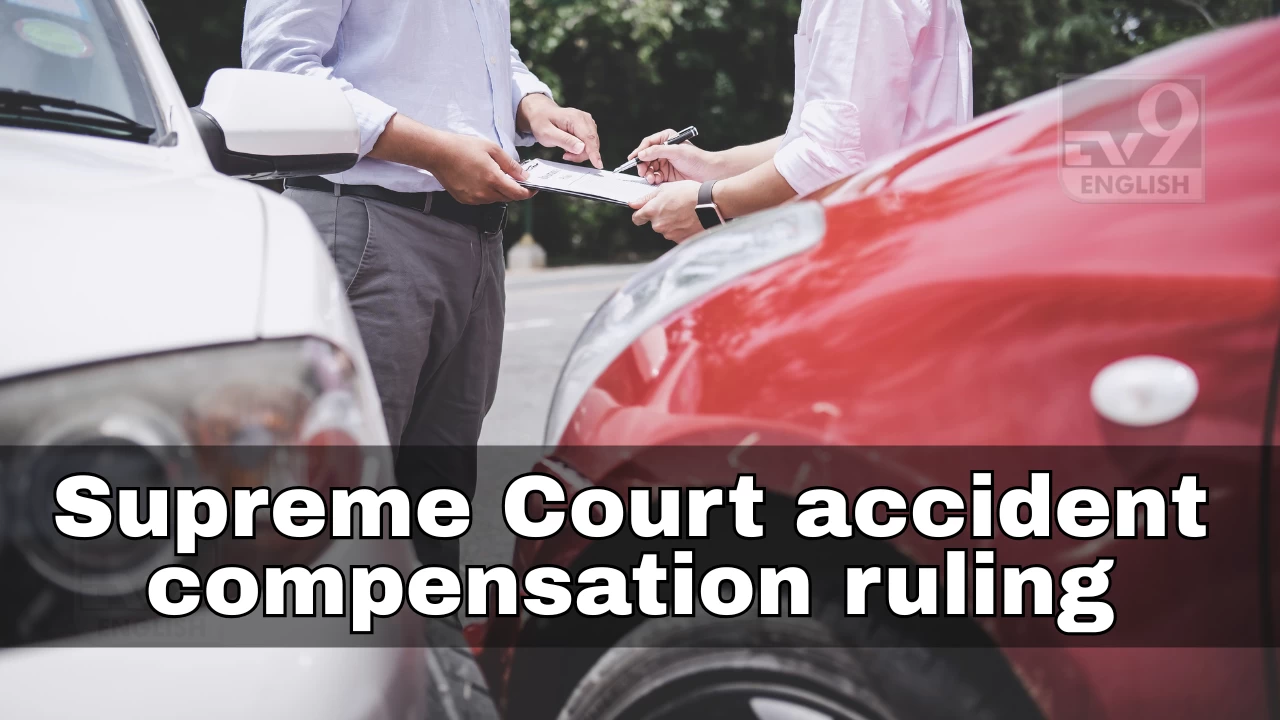

By signing in or creating an account, you agree with Associated Broadcasting Company's Terms & Conditions and Privacy Policy.


By signing in or creating an account, you agree with Associated Broadcasting Company's Terms & Conditions and Privacy Policy.

New Delhi: The Supreme Court’s latest order touches a subject that most vehicle owners talk about only after an accident happens. On November 10, 2025, the apex court made it clear that the insurance company cannot walk away from paying compensation just because the owner breached the policy terms. As someone who has followed road safety rulings for years, this one stands out because it directly affects day to day motorists, especially in cases where the vehicle is overloaded or the policy details are misunderstood.
Many owners assume that once a breach happens, like carrying extra passengers, the insurer is off the hook completely. This ruling shows that the system still protects the victim first. The insurer pays the compensation. The company can then recover the amount from the vehicle owner.
The case was built around claimant Akula Narayana, who challenged a Telangana High Court decision that had fully absolved Oriental Insurance of liability. The High Court said the vehicle was a five seater carrying nine people at the time of the accident, which was a violation of the policy. Based on that, the insurer was removed from all responsibility.
The Supreme Court bench of Justice Sanjay Karol and Justice Manoj Misra set aside that conclusion. Justice Misra stated that when the insurance contract itself is not disputed, courts have consistently directed insurers to pay the compensation and later recover it from the owner. The bench also referred to earlier rulings, including Swaran Singh, Shamanna and the recent Rama Bai v Amit Minerals.
The Tribunal had originally held both the insurer and the vehicle owner jointly liable. This was because an administrative manager from the insurer admitted during cross examination that the company had collected extra premium for a driver, conductor and cleaner. The Tribunal considered that enough to treat the deceased passenger as a third party. The High Court overturned that finding, saying those premiums did not extend protection to other passengers.
Indian road users are familiar with crowded jeeps, vans and small cars often carrying more than their approved seating capacity. While this remains a safety risk, the court’s judgment ensures that a policy breach by the owner does not delay compensation for the victim.
For the insurance company, the ruling means it must satisfy the Tribunal’s award. For the vehicle owner, it means the insurer can come back later and recover the money. For the victim or their family, it removes the long struggle of trying to recover compensation from a private individual who may not have the financial means to pay.
Important points for vehicle owners
• Overloading a vehicle can lead to recovery action from the insurer.
• Insurance companies must still pay compensation to victims first.
• The victim is not affected by the policy breach committed by the owner.
• The insurer can file a separate recovery suit after paying the award.
India continues to see a high number of road accidents every year, and disputes around policy breaches are common in motor claims. The Supreme Court’s ruling brings clarity and consistency by reinforcing the long followed pay and recover principle. It also puts greater responsibility on vehicle owners to comply with policy conditions, seating limits and safe driving practices.
For motorists, the message is straightforward. The insurer cannot deny a victim’s compensation because of an owner’s mistake. But the owner remains accountable for that breach and may have to repay the insurer later.








